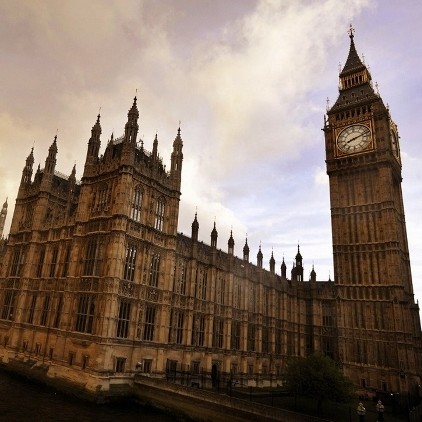Wed, Mar 23, 2016 9:18 AM
Economists are poring over the details of George Osborne's Spending Review, in which he funded a U-turn on tax credit cuts with a £27bn windfall.
He abandoned plans to cut credits for millions of low-paid workers, thanks to better-than-expected forecast tax receipts and low debt interest rates.
However, cuts totalling £20bn to Whitehall departments and £12bn to welfare were detailed.
Key features of the Spending Review include:
- Planned £4.4bn cuts to tax credits watered down, with changes to income thresholds and taper rates due in April abandoned
- Office for Budget Responsibility says public finances set to be £27bn better off by 2020 than forecast
- Government expected to borrow £8bn less than forecast as it aims to secure £10.1bn budget surplus by 2020
- Total spending to rise from £756bn this year to £821bn by 2019-20
- State spending - as a share of total output - to fall to 36.5% in 2020, down from 45% in 2010
- Overall day-to-day departmental spending to be cut by £20bn, equivalent to 0.8% of total expenditure each year by 2020
- Policing, health, education, international aid and defence budgets protected
- Transport, energy, business and the environment among biggest losers, resource budgets falling by 37%, 22%, 17% and 15% respectively
- New 3% surcharge on stamp duty for buy-to-let properties and second homes from April 2016, raising about £1bn
- Restrictions on shared ownership to be removed and planning system reformed to deliver more homes
- London Help-to-Buy scheme to offer interest-free loan worth up to 40% of the value of a newly built home
- Plans to hand £2.3bn to private developers to build 400,000 new homes in England
- Local government to keep all revenue from business rates by the end of the Parliament
- Councils to receive extra £10m to help homeless people
- Local government spending, in cash terms, to be same in 2020 as 2015
- Apprenticeship levy set at 0.5% of employer wage bill, with £15,000 allowance for eligible firms
- Funding for flood defence to be protected in real terms
- Scheme to develop "carbon capture and storage" technology at power stations axed
- Energy Companies Obligation to be replaced in March 2017 and Renewable Heat Incentive cut by £700m
- Big energy users such as the steel and chemicals industries to be exempt from environmental tariffs
- Capital funding of transport projects to rise by 50% by 2020
- £250m support for motorways and other roads in Kent to relieve pressure caused by Operation Stack
- Electrification of the Trans-Pennine, Midland Mainline and further sections of the Great Western Railway to go ahead.




















